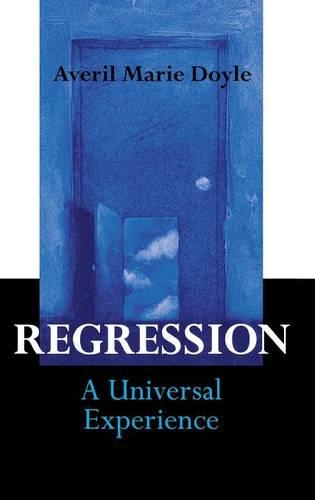
Regression: A Universal Experience
(Hardback)
Publishing Details
Regression: A Universal Experience
By (Author) Averil M. Doyle
Bloomsbury Publishing PLC
Praeger Publishers Inc
30th April 2003
United States
Classifications
General
Non Fiction
Psychiatry
616.8914
Physical Properties
Hardback
144
Description
A scientific work made accessible for lay readerswithout sacrificing its technical and scholarly underpinningsthis book presents regression as a universal and necessary process. Regression is viewed as inherent in our biology and designed as an aid to integration of trauma through repetitive association and reassociation. Childhood sexuality's definition includes touching patterns, sensate reactions to urination and defecation, and spanking and other forms of abuse. Infantile reactions to pleasure and pain create memory traces that are cued during later adult sexual encounters. Sexual dysfunction and paraphilic conditions such as masochism, sadism, fetishism, and exhibitionism often develop as a result of these early sensate memories. This work describes how parents, educators, therapists and medical caregivers contribute to mis-learning by failing to recognize and understand the sensitive nature of learning and the remediative process of regression. Graphic descriptions of severe, moderate, and mild cases of regression are presented. Doyle challenges the notion that regression is only a psychological defense utilized by a limited segment of the population. This book combines concepts drawn from learning theory, neuroscience, neuropsychology, child development, and trauma revival in an unprecedented manner, and aims to stimulate interest inand exploration ofregression as a phenomena that transcends diagnostic categories, one that recognizes the continuum between normal and abnormal associations we all form in the process of development.
Author Bio
AVERIL MARIE DOYLE is a clinical supervisor for the American Association of Marriage and Family Therapists, the American Board of Sexology, and the American Association of Sex Educators, Counselors and Therapists. She is also author of Delusional Relationships (Praeger, 1995) and The Sexually Disturbed (Praeger, 1992).
